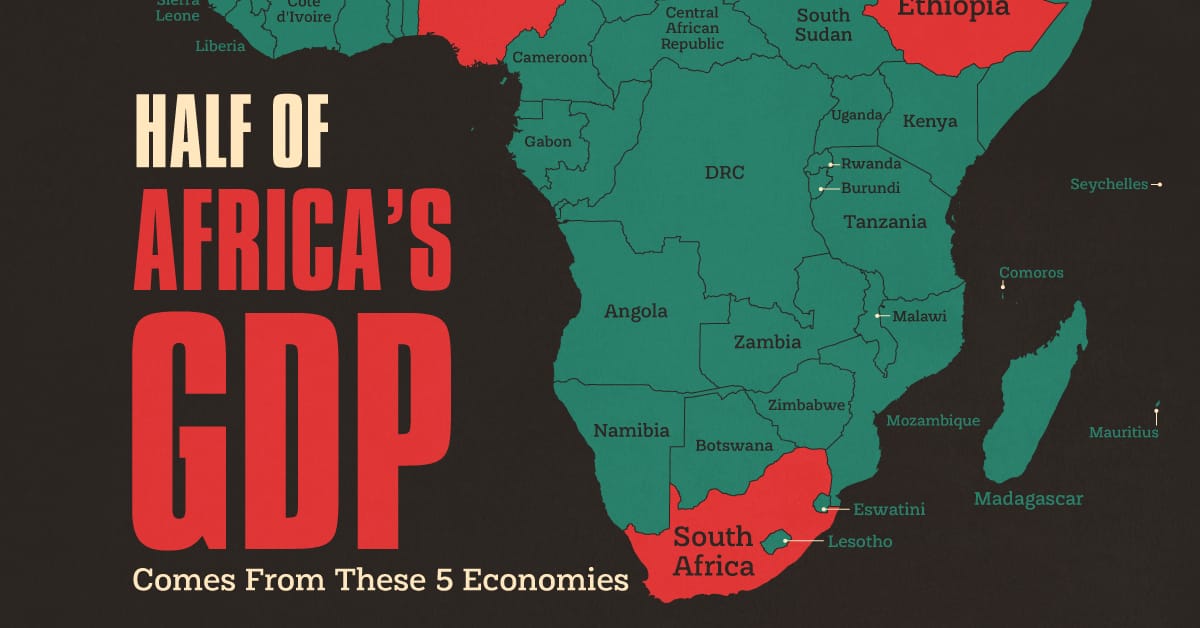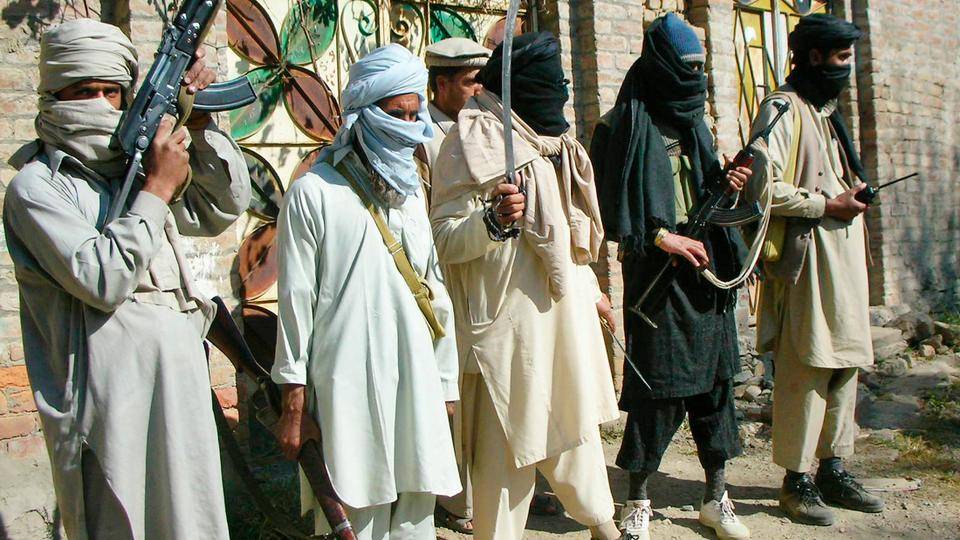This article critically examines the nexus between water scarcity, climate change, and conflict in Syria, drawing from key academic and policy sources. The analysis highlights the multifaceted drivers of the Syrian crisis, including long-standing political, economic, and environmental challenges. Specifically, it explores how climatic stressors exacerbated by global warming have contributed to instability and conflict in the region while discussing policy interventions aimed at mitigating the adverse impacts of water insecurity. The Syrian conflict, which began in 2012, has been influenced by a complex array of factors including political repression, economic disruption, and social grievances.
However, environmental factors, particularly water scarcity exacerbated by climate change, have emerged as significant contributors. As noted by Gleick (2014), the combination of environmental degradation, inefficient water management systems, and prolonged droughts have played a crucial role in exacerbating Syria’s vulnerability to conflict. This article also evaluates Gleick’s arguments, engage with supplementary literature, and propose policy recommendations to address the ongoing crisis.
Environmental and Climatic Drivers of Conflict
References
Gleick, P. H. (2014). Water, Drought, Climate Change, and Conflict in Syria. American Meteorological Society, 6, 331-340
Mansharamani, V. (2016). A Major Contributor to the Syrian Conflict? Climate Change. PBS NewsHour
Stockholm International Peace Research Institute (2016). Water Stress and Conflict: Addressing the Security Implications of Climate Change. SIPRI.
Qandeel, M., & Sommer, J. (2022). Syria Conflict and its Impact. Journal of International Humanitarian Legal Studies, 13(2), 275-296.
All the views and opinions expressed are those of the author. Image Credit – New Lines Magazine
About the Author
Jaiee Ashtekar holds a bachelor’s degree and a master’s degree in political science from the University of Mumbai. She holds a post-graduate diploma in international relations from the University of Strathclyde, United Kingdom (UK). She has done projects titled “Kashmir through Political Perception” and “Water issues between India and Pakistan.”



